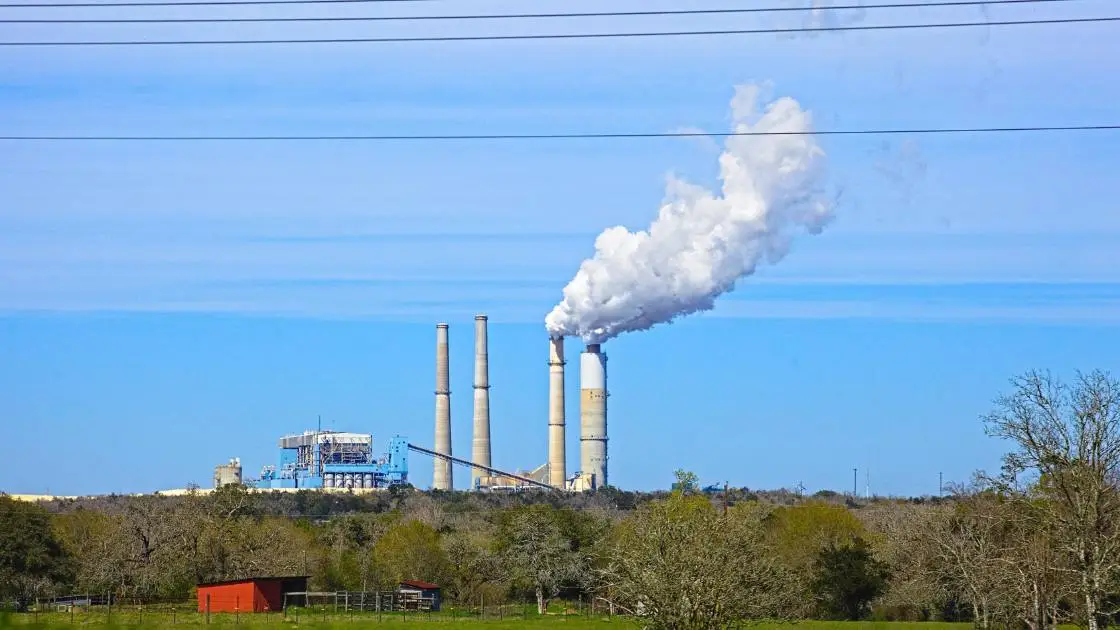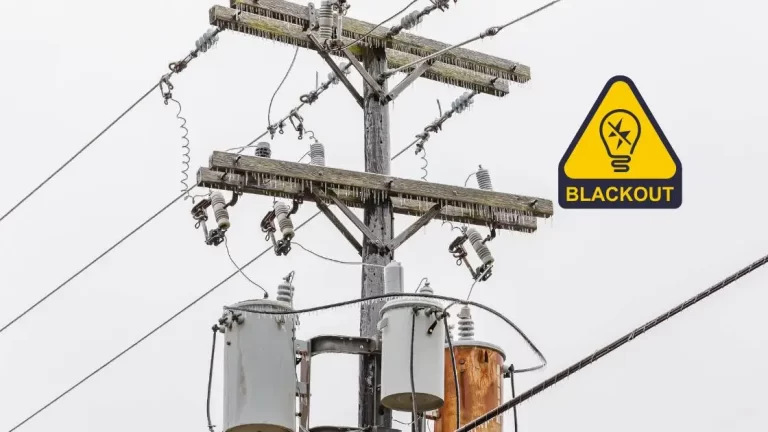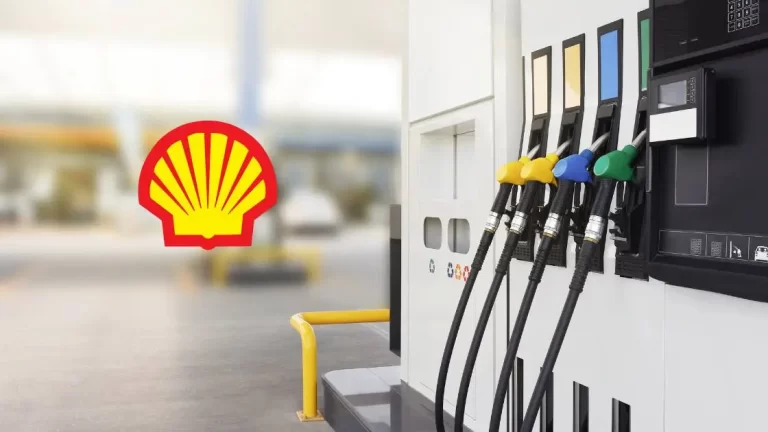Chinese Coal Power Plants Exploiting Imported Coal Prices
Staff Report
Chinese coal power plants are exploiting the prices of imported coal by importing poor-quality coal for their plants.
This was revealed during a public hearing conducted here on Thursday.
The disclosure was made these coal-based power plants had committed to using coal containing 6000 calorific values (CVs).
But they had been importing coal with 4500 to 5500 CVs. So, they were using off-spec coal but charging the price of higher quality coal.
“Price should be of off-spec coal but they were demanding rate for 6000 CVs,” it was informed during the public hearing.
It was also added the prices should be scaled down based on the quality of the coal.
These coal power plants had inked agreements with traders, whereas these agreements should be signed with coal mine owners.
They were receiving different discounts on CVs, sulfur, and moisture, but were not ready to give discounts to the power consumers. Govt, Chinese Firms in Row over Import of Expensive Coal
Sahiwal coal power plant had procured coal at a time when prices of coal were high and maintained inventory that was not used due to merit order.
However, they were not claiming capacity payments to be recovered from the power consumers, which raised serious concerns among the authority members.
During the hearing, it was informed that Pakistan had been facing issues of exchange rate and opening Letter of Credits (LCs) for coal import.
Officials of the power division said that a few Chinese banks were ready to open LCs in RMB, and coal-based independent power plants (IPPs) should consider importing coal in RMB.
“There is a suggestion for having these transactions in RMB that authority may consider,” power division officials said.
During the hearing, the issue of importing coal through spot purchases was also raised.
According to power purchase agreements signed with imported coal-based power plants, the IPPs can import 10 percent of coal through the spot market.
However, the regulator had suggested that this share should be increased from 10 to 20 percent. It was also suggested that coal should be imported through a bidding process to get a competitive price of coal from the local and international markets.
The coal-based IPPs representatives said that they had long-term contracts with coal suppliers and therefore got the price through negotiation.
About the API 4 differential, they said that they had faced a sudden deduction of differentials without prior notice. They said that it was done without an open hearing, and the fuel cost component was applied. They said that 44 ships had been affected due to this.
“Now how can I change the contract through a notification of Nepra?” a coal-based IPPs representative said.
They said that the spot market cannot fulfill the need for coal.
About the tendering process of coal import, they said that they had long-term contracts with suppliers and therefore, there were a lot of issues.
They said that performance guarantees and liquid damages (LDs) were involved in maintaining the coal supply chain. This was done to ensure that there would be no disruption in the coal supply.
Regarding the availability of Australian coal, they said that at present, the demand for Australian coal is high, and it was supplied to a few countries like Japan and Vietnam.
There are no discounts available on Australian coal, and therefore no IPPs are exploring this option.








